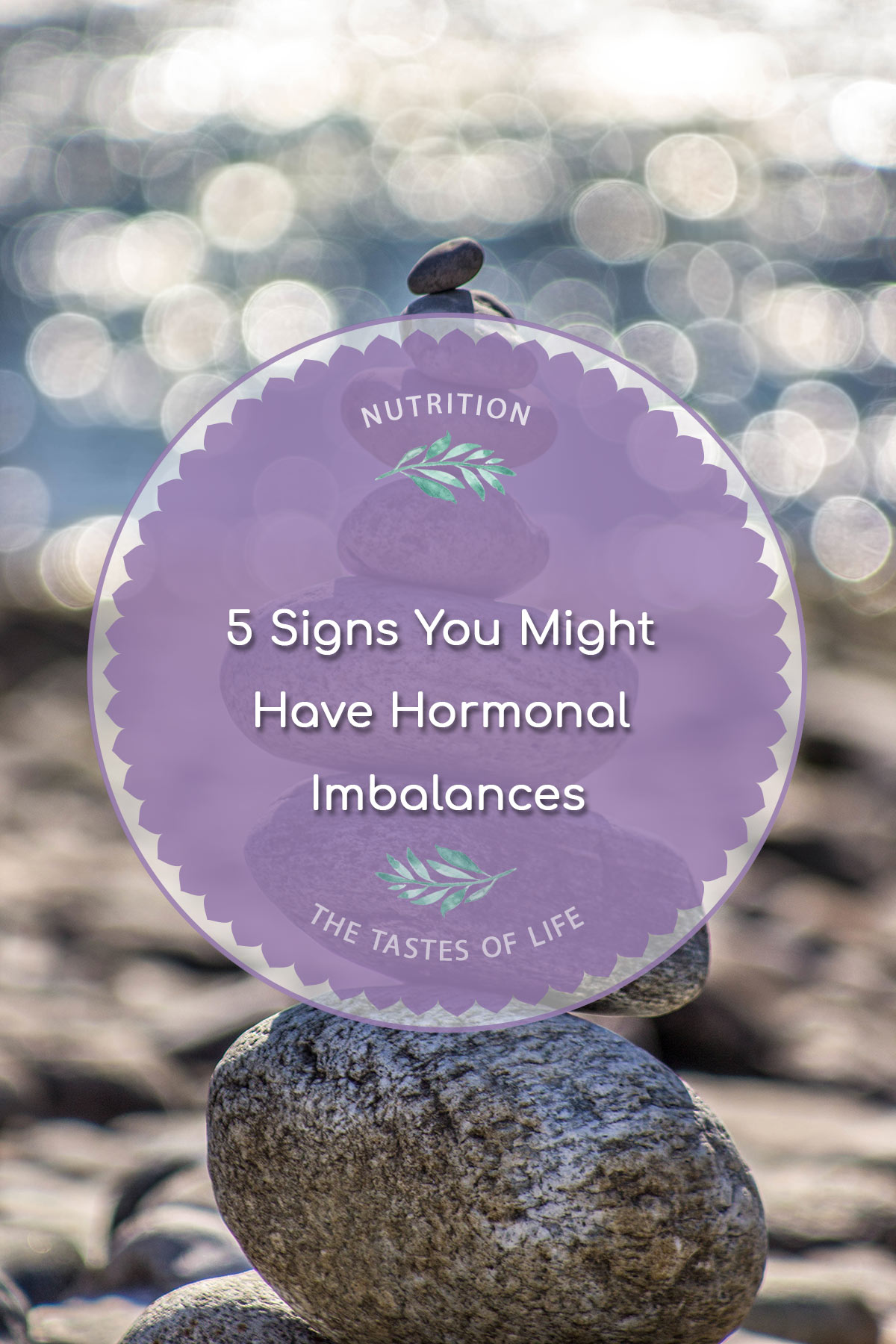Hot Spring and Hormonal Balance

Hot springs have been claimed to provide various health benefits, including potential effects on hormone balance. However, it’s important to note that scientific evidence regarding the direct impact of hot springs on hormone balance is limited, and more research is needed to fully understand these effects.
Hot springs are natural mineral-rich pools of water containing various minerals, such as sulfur, calcium, magnesium, and potassium. These minerals can be absorbed through the skin during bathing, which may have specific effects on the body.
Use of mineral-rich water, typically from natural hot springs or mineral springs, for various health benefits is called balneotherapy. It is a form of hydrotherapy that has been practiced for centuries and is believed to have healing properties.
During balneotherapy, individuals immerse themselves in mineral-rich water or undergo specific mineral water treatments. The water used in balneotherapy contains various minerals, such as sulfur, magnesium, calcium, and potassium, which are absorbed by the skin during bathing. These minerals are believed to have therapeutic effects on the body.
One potential way hot springs could influence hormone balance is through the relaxation and stress reduction they offer. Stress can disrupt the balance of hormones in the body, particularly the adrenal and reproductive hormones. By promoting relaxation and reducing stress, hot springs may indirectly contribute to hormone balance.
Additionally, the minerals present in hot springs, such as sulfur and magnesium, are known to have various effects on the body. For example, sulfur is involved in producing glutathione, an important antioxidant supporting liver detoxification. On the other hand, magnesium is involved in numerous biochemical reactions, including hormone regulation. However, the extent to which these minerals are absorbed through the skin during hot spring bathing and their specific effects on hormone balance are not well-documented.
While anecdotal evidence and personal experiences often suggest positive effects on hormone balance, it’s important to approach such claims with caution. Hormone balance is a complex process influenced by numerous factors, including genetics, lifestyle, diet, and overall health. Hot springs, if used as part of a comprehensive approach to wellness, may contribute to relaxation and stress reduction, which can indirectly support hormone balance. However, they should not be considered a standalone solution or a replacement for medical advice or treatment when addressing specific hormonal issues.
The benefits of soaking in hot mineral baths have been recognized for centuries due to their stimulating effect on the body through the presence of various minerals and elements. These minerals can penetrate the body and contribute to the promotion of hormone secretion. When a person engages in hot bath therapy, the sympathetic nerve activity initially increases, resulting in elevated heart rate, blood pressure, and blood sugar levels. However, the body naturally strives for homeostasis, prompting the parasympathetic nerve to dominate. This shift leads to a decrease in heart rate, blood pressure, and blood sugar levels, allowing the body to initiate its self-repair processes.
Hot springs can rebalance hormones through relaxation, a factor that should be considered in terms of its impact on stress reduction. Living in a state of constant stress can give rise to various health issues, including high blood pressure, depression, anxiety, hormonal imbalances, and an overproduction of the stress hormone cortisol. Excessive cortisol levels can disrupt hormonal balance, affecting multiple bodily functions such as mood, immune system, and metabolism and potentially causing weight gain. Balanced hormones are crucial for maintaining a healthy metabolism and achieving weight loss. If you experience high levels of stress, it can throw your hormones off balance.
Furthermore, elevated cortisol levels can interfere with the production of sex hormones and hinder thyroid function. Additionally, excessive cortisol can impact the production of “feel-good” hormones like serotonin.

Mineral balance is crucial in hormone balance.
In today’s world, mineral depletion has become a significant concern as our bodies rely on minerals for proper functioning. Minerals are naturally occurring substances found in rocks, soil, and water, and they enter the food chain through plants and animals.
Since our bodies cannot produce minerals, we must obtain them from a nutritious diet with mineral-rich foods and sources like hot springs. Our bodies require ten essential minerals: calcium, iodine, manganese, iron, potassium, selenium, magnesium, phosphorus, sodium, and zinc. These minerals contribute to overall well-being, including maintaining a healthy heart rate, balanced hormones, strong bones, and optimal brain function.
Additionally, there are micro-minerals, also known as trace minerals, which are required in smaller quantities but are still vital for proper bodily functions. Examples of trace minerals include boron, cobalt, lithium, silicon, molybdenum, chromium, copper, germanium, rubidium, and vanadium. Although this list may resemble building materials for constructing a house, it serves as a valid analogy to describe the crucial roles that essential and trace minerals play in our bodies.
Minerals help produce energy and play a crucial role in maintaining optimal hormonal health. Deficiencies in minerals can lead to various health issues such as depression, anxiety, fatigue, PMS (premenstrual syndrome), infertility, and reduced bone health. Ensuring an adequate intake of minerals is essential for supporting overall well-being and preventing mineral-related deficiencies.
Magnesium:
Magnesium is essential for maintaining optimal bone health and plays a crucial role in the production of hormones such as progesterone, estrogen, and testosterone. It is involved in various processes, including energy production, protein synthesis, hormonal development, muscle activation, and nerve communication. Additionally, magnesium alleviates symptoms of PMS, prevents muscle cramps and spasms, and helps manage migraine headaches.
One of the significant impacts of magnesium is its regulation of the stress hormone cortisol. Imbalances in stress levels can disrupt the balance of hormones like estrogen, progesterone, testosterone, LH, and FSH, leading to mood swings and irregular periods. Moreover, magnesium is involved in producing and maintaining thyroid hormones, promoting thyroid health and function.
Magnesium also contributes to high-quality sleep due to its relaxing properties. It aids in relaxation and promotes easier and uninterrupted sleep, allowing for a whole night of rest.
Potassium:
Potassium plays a vital role in toxin elimination, which is crucial for hormone balance. It also supports healthy skin and helps reduce high blood pressure.

Sodium:
Sodium helps decrease inflammation in swollen joints and aids the lymphatic system in detoxification.
Sulfur:
Sulfur is involved in eliminating toxins from the body, particularly as one of the essential minerals supporting liver detoxification. Toxins pose a challenge to hormone balance, as they can hinder the production of healthy hormones. Sulfur helps remove these harmful substances from the body, supporting overall hormone balance.
Silica:
Silica promotes the health of nerves and strengthens bones. It also boosts the immune system and supports the health of mucous membranes, hair, and nails. Additionally, it can be beneficial in treating hormonal acne and migraines. Silica plays a vital role in preventing hair thinning and assists calcium in bone growth during menopause.
Bicarbonate:
Bicarbonate helps improve circulation by assisting in the opening of peripheral blood vessels. It can be beneficial in addressing cardiovascular disease and imbalances in the nervous system.
Chloride:
Chloride helps maintain the proper balance of body fluids. As one of the essential electrolytes in the blood, it contributes to maintaining adequate blood volume, blood pressure, and the body’s fluid system’s pH.
Sodium:
Sodium is necessary for maintaining the body’s fluid system. It also plays a crucial role in enzyme operations and the functioning of nerves and muscles.
Calcium:
Calcium promotes healthy bone growth and helps prevent osteoporosis. It is beneficial for relieving cramps and menopausal symptoms. Calcium is also important for maintaining heart rhythm and muscle function. Adequate levels of calcium can reduce the risk of colon and breast cancer.
Fluoride:
Calcium fluoride, a form of fluoride, is a component of elastic fibers in the skin, as well as the surface of bones and teeth. It promotes hardness and stability in these structures.
Phosphate:
Phosphate is essential for energy storage and metabolism, making it beneficial for weight loss. This mineral supports kidney, muscle, and nerve function while also helping to maintain proper calcium balance.
Selenium:
Selenium is essential for converting T4 to T3 in the body, supporting thyroid function and immune health. It helps protect thyroid cells from oxidative damage during this conversion process and can be beneficial in reducing anxiety.
Iron:
Iron is necessary for the formation of hemoglobin, which is crucial for oxygen transport in the body. It plays a vital role in body metabolism, insomnia regulation, muscle activity, brain function, energy production, immunity, and body temperature regulation.
Manganese:
Manganese plays an important role in body metabolism and contributes to reducing the risk of osteoporosis and fatigue. It also supports reproduction, helps manage inflammation, and supports brain function.
Boron:
Boron is involved in promoting bone health and supports brain function. It also has anti-aging properties and can help reduce muscle pain.
Molybdenum:
Molybdenum supports both bone health and dental health. It plays a role in ATP generation, which is essential for energy production in cells. Additionally, molybdenum is necessary for the processing of sulfur-containing amino acids such as methionine and cysteine.
Zinc:
Zinc is critical for hormone synthesis and balance, including hormones such as thyroid hormones, progesterone, and cortisol. It is required for the conversion of T4 to T3. Zinc deficiency can lead to decreased thyroid hormone production when the body perceives it has sufficient levels. Zinc is also necessary for skin care, wound healing, weight loss support, and aids in digestion. Additionally, it promotes a healthy gut, which is crucial for maintaining hormonal balance.
Phosphate:
Phosphate plays a vital role in maintaining bone health, supporting brain function, and regulating sexual function. It is also involved in body metabolism. A deficiency in phosphate can lead to a condition called hyperparathyroidism.
Hot springs might not be suitable for individuals with very high blood pressure, weakened immune systems, certain heart conditions, and pregnant women, seniors, and children. These individuals should take special precautions if they choose to indulge in the therapeutic benefits of hot springs, considering the potential risks associated with their specific health conditions.
References






